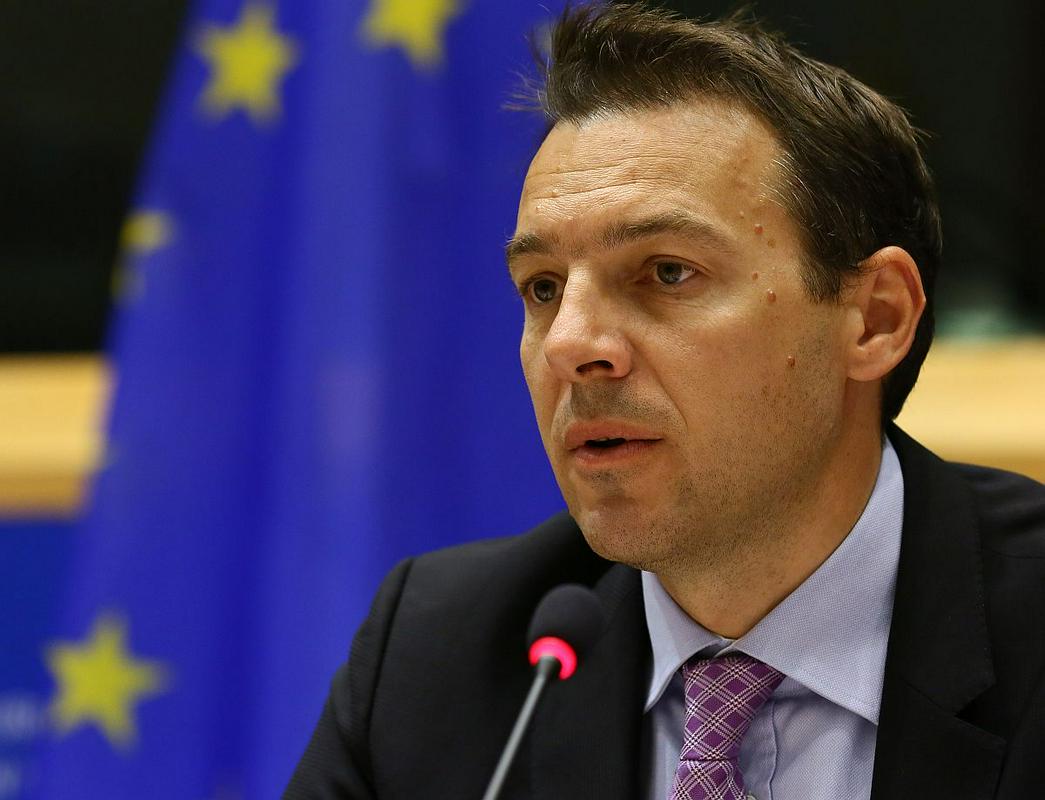

Slovenia will need financial resources from abroad to complete its banking reform and should not be afraid of seeking the help it needs, a senior official from regional lender the European Bank of Reconstruction and Development said on Tuesday.
EBRD Chief Economist Erik Berglof was speaking on the sidelines of a meeting of financial leaders which saw many increasingly convinced the small euro zone country will need to seek international aid within months to finish the process of healing a heavily indebted financial sector. "Slovenia will definitely need international resources to deal with the programme (of the bank overhaul), the question is if it can do it without a formal EU, IMF programme. The government is really intent on doing this, but if so, it needs to act quickly," Berglof said.
"The stigma associated with these programmes in the past is misdirected, they can provide a very constructive support to the economy to deal with some big issues."
Struggling to deal with at least 7.5 billion euros in bad banking debts that have emerged in the past year, the government bought some time in May when it issued two bonds in the joint value of $3.5 billion at a yield of 6 percent.
But the cost of healing the banks is rising steadily, with results of stress tests due later this year, and 10-year government bond yields have also risen to 6.8 percent - within striking distance of the levels around 7 percent that have forced Greece and other euro zone members to seek support.
"No need to borrow on international debt market this year"
Finance Minister Uroš Čufer told reporters at the conference he would not need to borrow again on international debt markets this year but would not be drawn on whether the country would seek support from the EU and other multilateral backers instead.
Central Bank Governor Boštjan Jazbec said last week that he believed Slovenia was capable of solving its financial problems itself, though conceded it might be less costly to seek outside help. He said the country faced a daily dilemma of whether it would be better to seek aid.
First transfers of bad loans next month
He told reporters the results of an external audit of Slovenia's largest bank NLB - vital to put a figure on how much it will cost to rescue the banks and allow the first transfers of bad loans to the state bad bank - should be available next month.
Results for the country's other nine banks would follow at the end of November or early December, he said.
Berglof said the EBRD, which has supported development of banking sectors across former communist eastern Europe including in Slovenia in the past, could be interested in getting involved again once the sector is back on its feet. "At present no-one would buy into Slovenian banks until they are cleared," he added.

































































